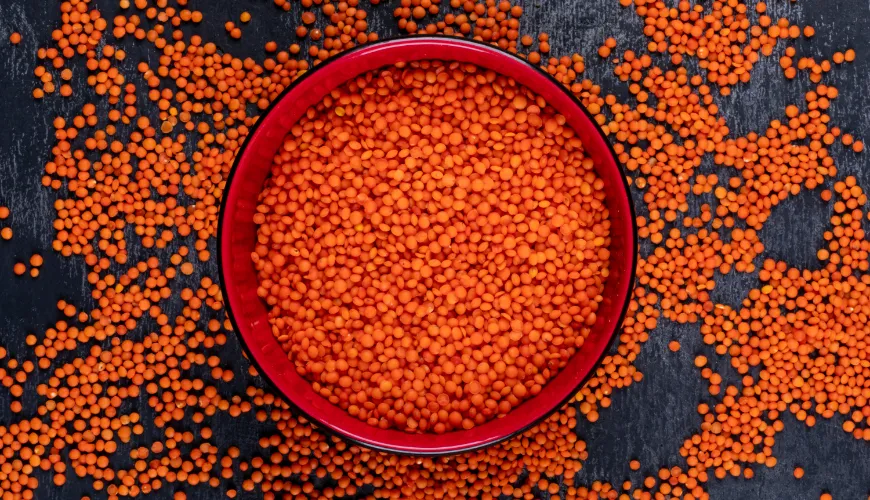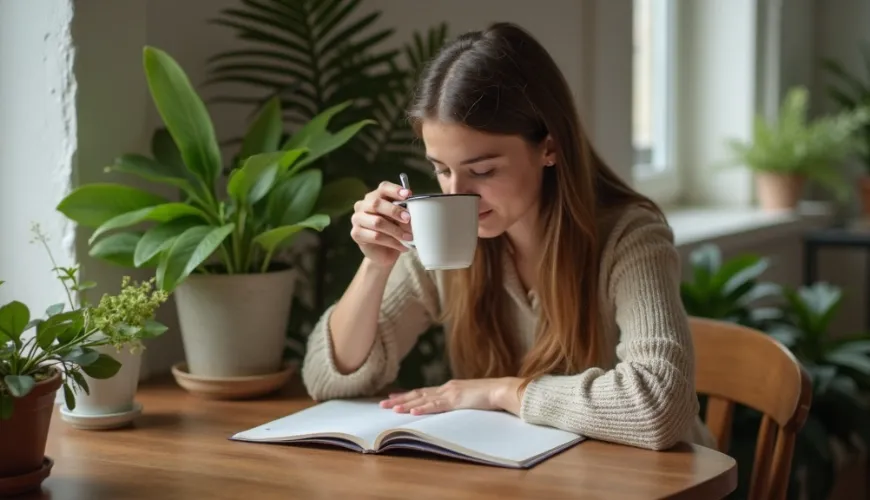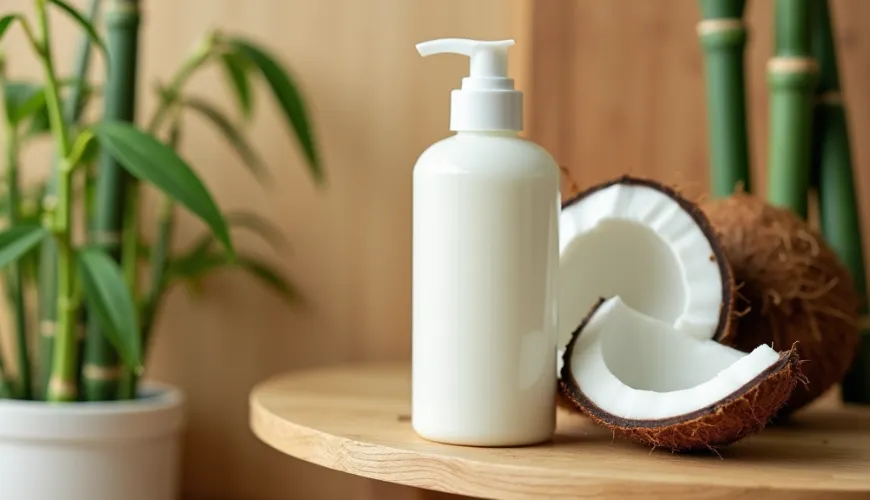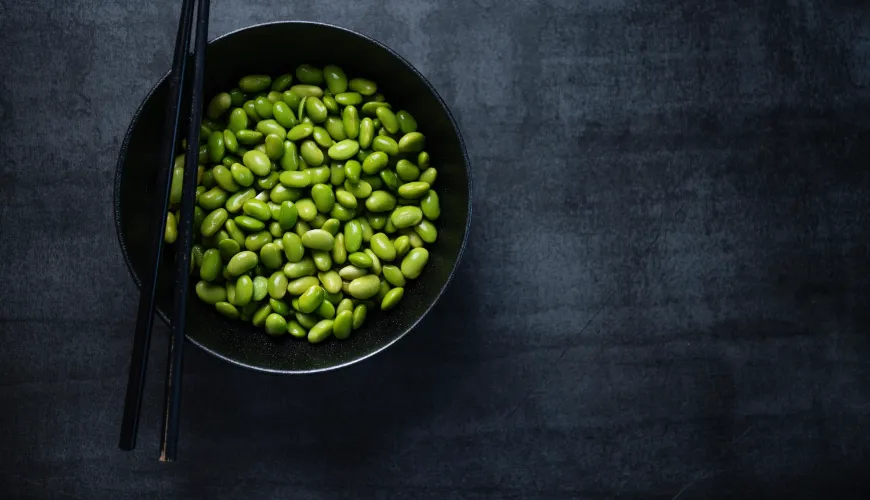
How to Stop Drinking Alcohol and Discover a New Meaning in Life

How to Break Free from Dependency - Experiences and Ways to Quit Drinking Alcohol
Quitting alcohol is not just a matter of willpower, but primarily a decision that changes one's entire lifestyle. In a country where beer is considered "liquid bread" and every celebration involves a toast, the path to abstinence can be challenging, but certainly not impossible. The question of how to quit drinking alcohol troubles more and more people—whether due to health, relationships, or personal self-perception. Social media and online discussions are full of testimonies, guides, and desperate questions: "How to quit drinking alcohol alone? Is it possible to manage without treatment? Do support groups or diets help?"
Alcohol often sneaks into our lives unnoticed—a glass in the evening to relax, two at a party, a few beers after work. Sometimes we don't even notice how "social drinking" becomes a routine. And it's precisely that moment when a person realizes that alcohol stops being a choice and starts becoming a need that is crucial. Some decide to abstain after a dramatic event—an accident, a breakup, or health complications. Others quit alcohol preventively, before it can cause more harm.
The decision to quit, however, brings questions that are often harder than the drinking itself. What instead of alcohol? How to enjoy yourself without it? How to explain to others that you no longer drink? And above all—how to do it so that this time it's for good?
To Drink or Not to Drink - A Deeply Personal Question
Unlike other types of addictions, alcoholism is socially acceptable. This might be its biggest trap. When someone decides to quit smoking, most people support them. But when you say you no longer drink, the reactions are less supportive. "Aren't you overreacting? One drink doesn't matter," or "Are you pregnant?"—such comments are common and sometimes hurtful.
According to the State Health Institute, up to 1 million people in the Czech Republic have problematic drinking habits. Yet only a fraction seeks professional help. Most try to quit drinking on their own, often repeatedly. On internet forums like Modrý koník, Reddit, or specialized Facebook discussion groups, people come together seeking support and sharing experiences. Discussions on "how to quit drinking alcohol" are full of stories of setbacks and rebirths. One user writes: “I started by going three days without alcohol. When I managed it, I thought—why not a week? Now I'm at six months and I don't want to go back."
Such examples show that small steps lead to big changes. It's not necessary to promise lifelong abstinence right away—just set a short-term goal and observe what changes in your body and mind.
How to Quit Drinking Alcohol Alone - Strategies That Help
The experiences of people who quit drinking without the help of doctors or rehab centers have one thing in common: they need a plan. It's not enough to just say "I won't drink from tomorrow." You need to know what to do instead of drinking, how to handle stress and boredom, and how to replace rituals associated with alcohol. Here are some strategies that have proven effective:
-
Replace evening alcohol with a new ritual. Instead of a glass of wine in front of the TV, have herbal tea, take a walk, or read a book. The brain creates habits—and these can be gradually reprogrammed.
-
Keep a journal. Record how you feel, what triggered the desire for alcohol, and how you managed it. Self-reflection helps you see progress.
-
Avoid triggers. If you know that visiting a pub or certain friends always pull you back, avoid them at least in the first few months.
-
Find a community. You don't have to attend Alcoholics Anonymous meetings, but online discussions or thematic podcasts can be a great support. Sharing experiences gives a feeling that you’re not alone.
-
Consider professional help. If home methods don't work, seeking a psychologist or therapist experienced in addictions is not a shame. On the contrary—it’s a step towards healing.
An interesting concept is the so-called "dry January" or an "alcohol break"—a short period without alcohol. Often, people feel so good after a month of abstinence that they decide to continue.
What Happens When You Stop Drinking?
The body is incredibly adaptive. Even after just a few days without alcohol, changes start happening. Improved sleep, faster recovery, reduced anxiety, better digestion—all are reported by people who have given up alcohol. Many also lose excess weight because alcohol is a calorie bomb and often triggers overeating.
However, it's important to mention that psychological dependence can be stronger than physical. While the body recovers quickly, the mind needs time. Some describe a period of a "pink cloud"—the first few weeks are full of energy and euphoria, which may soon sober up. That's when the psychological challenge comes—learning to live in reality without escaping into intoxication.
A good example is thirty-year-old Jana from Brno, who decided to quit drinking after years of a daily glass of wine. "I didn't understand how I managed without it in the evening. But after a few weeks, I realized I was calmer, sleeping better, and handling stress with greater ease. I don't miss it—on the contrary, I'm finally myself."
Myths and Reality - Common Misconceptions
One of the biggest myths is the belief that you have to hit rock bottom to quit. In reality, it's ideal to stop before serious consequences occur. Another misconception is the notion that an abstainer must forever be an "outsider." On the contrary—more and more people choose life without alcohol, creating a new norm where constant justification is unnecessary.
According to current data from the World Health Organization, the Czech Republic is in the top ten countries with the highest alcohol consumption per capita. This statistic is concerning not only for individual health but also for its broader societal impact. Alcohol is linked to domestic violence, traffic accidents, and loss of productivity. Changing the attitude towards alcohol is therefore not just a personal challenge but a societal one as well.
A New Life Without Alcohol - A Journey Worth Taking
Quitting alcohol is not a failure, but a liberation. It's a decision that can change your relationship with yourself, improve health, strengthen relationships, and open new possibilities. Although the path may be winding, every step away from alcohol is a step towards a healthier and more genuine life.
As German writer Hermann Hesse said: "Many people think they are free just because they have rejected chains. In reality, they are free only when they have created a new way of life." And that's exactly what life without alcohol can be—not a limitation, but a new way to be fully present, aware, and free.

